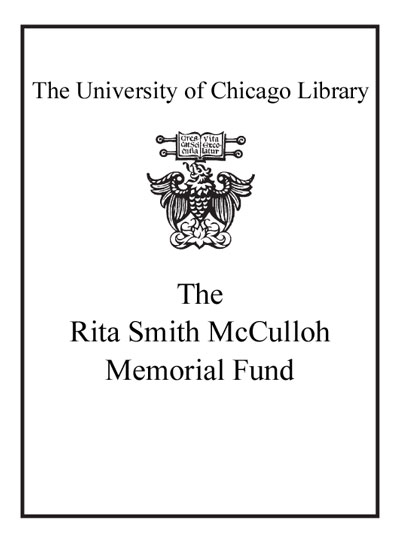Review by Library Journal Review
This work joins a crowded shelf of recent titles on the relevancy of institutions of higher education: Jason Owen-Smith's Research Universities and the Public Good, Greg Lukianoff and Jonathan Haidt's The Coddling of the American Mind, and Joshua Hunt's University of Nike. Fitzpatrick (English, director, digital humanities, Michigan State Univ.; Planned Obsolescence) argues that colleges and universities should regain the trust and support of the public by emphasizing listening as well as lecturing and by making a stronger connection between faculty research and projects that serve the community. The author offers an overview of her reasoning, then elaborates in chapters on valuing and practicing generosity, reading for pleasure rather than mastery, creating scholarship that's physically and intellectually more accessible to the public, and returning the focus of universities to their mission of serving the public good. VERDICT For anyone concerned with the future of higher education, Fitzgerald makes a passionate argument for a simple yet potentially revolutionary idea.-Sara Holder, Univ. of Illinois Libs., Champaign © Copyright 2019. Library Journals LLC, a wholly owned subsidiary of Media Source, Inc. No redistribution permitted.
(c) Copyright Library Journals LLC, a wholly owned subsidiary of Media Source, Inc. No redistribution permitted.
Review by Library Journal Review

